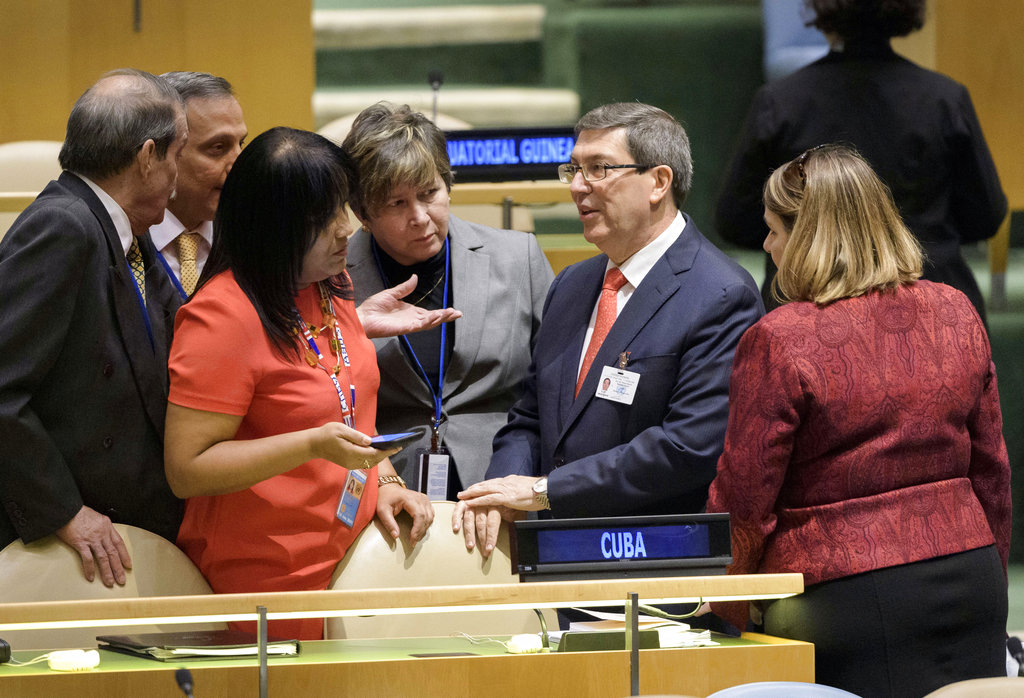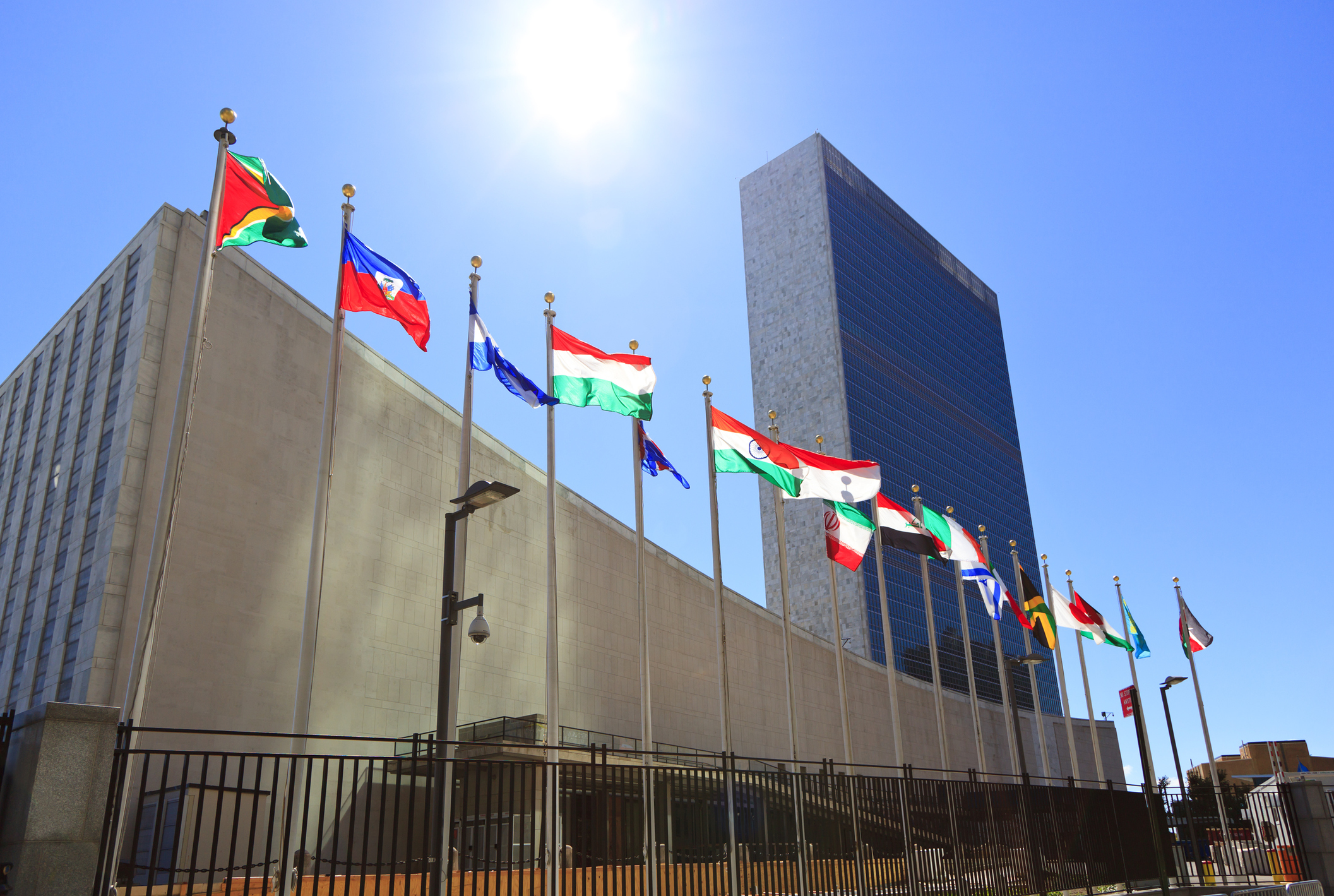India was among the 189 nations that voted overwhelmingly in favour of lifting the economic, commercial and financial embargo imposed five decades ago by the US against Cuba.
A total of 189 UN member states voted in favour, with Israel and the US voting against the resolution, urging all states to “refrain from promulgating and applying laws and measures”, which among other things, in the case of the embargo, interfere with the freedom of trade and navigation.
There were no abstentions.
The General Assembly called upon states “that have and continue to apply such laws and measures to take the steps necessary to repeal or invalidate them as soon as possible”.
Through the resolution, the General Assembly also decided to include the agenda item entitled “Necessity of ending the economic, commercial and financial embargo imposed by the United States of America against Cuba,” in the provisional agenda of next year’s session.
The vote on the resolution is unenforceable, but the Cuban-sponsored resolution shines a spotlight on the relative isolation of the US regarding the embargo, which was first imposed in 1960, when former leader Fidel Castro came to power, following the revolution.
Speaking ahead of the vote, Cuba’s foreign minister Bruno Rodriguez Parrilla outlined the impact of the embargo on Cubans, especially due to restrictions on lifesaving medicines.
“Incalculable human damage has been caused by the blockade, which is qualified as an act of genocide,” he said, referring to the convention on the prevention of genocide.

Cuba's United Nations ambassador Anayansi Rodríguez Camejo (second from left) and Cuba's foreign minister Bruno Rodríguez Parrilla (second from right) meet with the delegation in the General Assembly on Thursday. AP
'It is also a violation of International Humanitarian Law, if it were a conflict,” he said.
Before the resolution was adopted, eight amendments, relating to the Sustainable Development Goals (SDGs), human rights and rule of law, proposed by the US, failed to pass.
Introducing the amendments, US ambassador Nikki Haley said that the draft resolution “changes nothing” in terms of addressing the problems faced by Cuban citizens.
“The United States will continue to stand with the Cuban people, until their rights and freedoms are restored. We won’t back down,” she said.
India reiterated its support for the lifting of economic, commercial and financial embargo imposed five decades ago, saying the continued existence of the embargo undermines multilateralism and the credibility of the United Nations itself.
“People-to-people contact holds immense possibilities for fostering better understanding between nations. The international community needs to intensify its efforts to promote an environment free from sanctions and embargoes. India hopes that the embargo will be withdrawn at the earliest,” India's deputy permanent representative to the UN ambassador Tanmaya Lal said on Wednesday.
Lal said that every year, the General Assembly rejected the imposition of laws and regulations with extra-territorial impact and all other forms of coercive economic measures that hurt the progress and prosperity of the people the world over.
Last year, 191 member states voted in favour of the resolution, expressing their strong support to the lifting of the embargo.
He said the General Assembly has also called upon all states to refrain from promulgating and applying and to repeal and invalidate laws and measures that have extra-territorial effects affecting the sovereignty of other states, in conformity with their obligations under the UN Charter and international law.
“There can be little doubt that the continued existence of this embargo, in contravention of the overwhelming world opinion as expressed by this Assembly, undermines multilateralism and the credibility of the United Nations itself,” he said.











